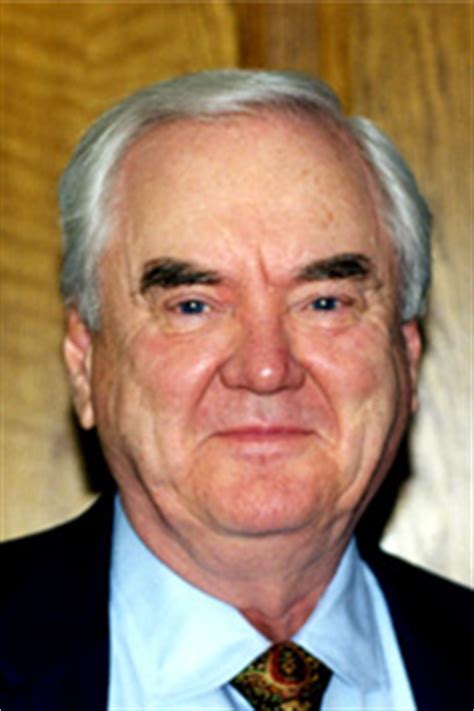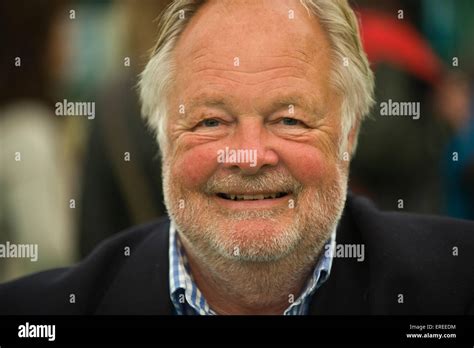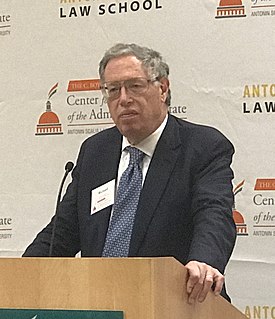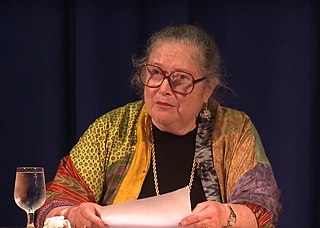A Quote by Craig A. Evans
Archaeological evidence provides significant help in interpreting the Gospels. In a sense, archaeology is an exegetical tool. To ignore the evidence of archaeology would be almost as irresponsible as making no appeal to the original text. The archaeological evidence is a vital component in the context of Scripture.
Related Quotes
Archaeology in general is the recovery and study of the material culture of past civilizations. Biblical archaeology is as an application of the science of archaeology to the field of biblical studies. Through the comparison and integration of Scripture with the evidence of history and culture derived from archaeology, new insights into the biblical context of people and events, and sometimes the interpretation of the text itself, are possible. In this way archaeology serves as a necessary tool for biblical exegesis and for apologetic concerns.
Archaeology is a science, and like all sciences, has its limitations. For one, archaeological discoveries made in the past centuries have been reappraised and reinterpreted by more recent findings. Some of the older positive claims, as well as most of the negative criticisms of the Bible, have changed, usually for the better. For another, the actual amount of archaeological evidence is quite small. It has been estimated that less than 1% of archaeological sites in the Holy Land have been excavated, and those that have been excavated have only been partially excavated.
If all the evidence is weighed carefully and fairly, it is indeed justifiable, according to the canons of historical research, to conclude that the sepulcher of Joseph of Arimathea, in which Jesus was buried, was actually empty on the morning of the first Easter. And no shred of evidence has yet been discovered in literary sources, epigraphy, or archaeology that would disprove this statement.
The Bible is an ancient text from an ancient context. We live thousands of miles and thousands of years away from that context, which also represents different cultures. Archaeology is a modern means of revealing both the lost record of the ancient world, and the historical and social world of the Bible. While the purpose of archaeology is not to prove the historicity of the people and events recorded in Scripture, it can help immeasurably to confirm the historical reality and accuracy of the Bible and to demonstrate that faith has a factual foundation.
If there were even one spark of evidence from antiquity that Jesus even may have gotten married, then as a historian, I would have to weigh this evidence against the total absence of such information in either Scripture or the early church traditions. But there is no such spark-not a scintilla of evidence-anywhere in historical sources. Even where one might expect to find such claims in the bizarre, second-century, apocryphal gospels...there is no reference that Jesus ever got married.
It was while I was studying philosophy that I came to understand. . . that it is no sign of moral or spiritual strength to believe that for which one has no evidence, neither a priori evidence as in math, nor a posteriori evidence as in science. . . . It's a violation almost immoral in its transgressiveness to shirk the responsibilities of rationality.
In 1995, we had evidence of the brother-in-law of Osama bin Laden being in the Philippines, living in the Philippines. We had evidence of front organizations set up in the Philippines. And we uncovered evidence about, which would help the U.S. with - about the perpetuators of the World Trade Center bombing.

































